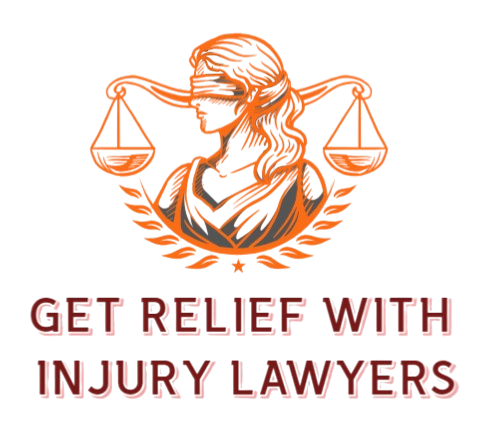After a car accident, nausea and vomiting are common signs of severe injuries. It is common to ignore nausea or vomiting following a car accident. These symptoms are often ignored because people associate them with the anxiety and fear that comes after a car accident. If you are experiencing nausea and vomiting after a car accident, don’t assume you feel this way because of the anxiety and fear that often follows a crash. A doctor should diagnose and plan treatment for nausea and vomiting following a car accident. If not treated quickly, these symptoms can indicate severe injuries that could lead to permanent or long-lasting damage.
Reasons for Vomit and Nausea After a Car Crash
Different injuries can be caused by the force of a car crash. These symptoms can include nausea, stomach pain, vomiting, and stomach discomfort. Here are some car accident injuries that can make someone feel nauseated and vomit.
Abdominal Muscle Strain
An abdominal muscle strain, like any other soft tissue injury, can cause swelling, pain, and discoloration at the injury site. It can also cause nausea and vomiting.
Whiplash

Whiplash can be described as a neck injury. Whiplash occurs when the neck is exposed to sudden back-and-forth movement. Whiplash can cause nausea or vomiting, even though it is a neck injury. If whiplash causes blockage in circulation, for example, nausea may occur. Lack of circulation can cause nausea and headaches by affecting the inner ear or head.
Traumatic Brain Injury
Traumatic brain injuries occur when the skull is subject to a severe blow or jolt. A variety of symptoms can result from traumatic brain injuries, including nausea, vomiting and dizziness, headaches, confusion, loss of coordination, fatigue, and convulsions.
This post was written by Kelly-Ann Jenkins of Jenkins Law P.L. Kelly-Ann is an insurance claims attorney. The information on this site is not intended to and does not offer legal advice, legal recommendations, or legal representation on any matter. Hiring an attorney is an important decision, which should not be based on advertising. You need to consult an attorney for legal advice regarding your situation.
The information provided on this website does not, and is not intended to, constitute legal advice; all information, content, and materials available on this site are for general informational purposes only. Information on this website may not constitute the most up-to-date legal or other information. This website contains links to other third-party websites. Such links are only for the convenience of the reader, user, or browser; the ABA and its members do not recommend or endorse the contents of the third-party sites.



